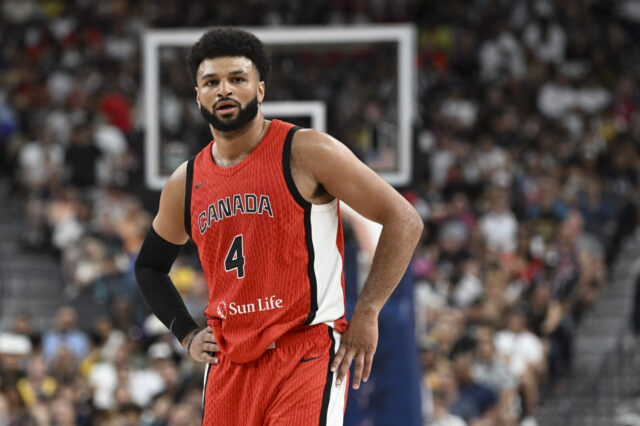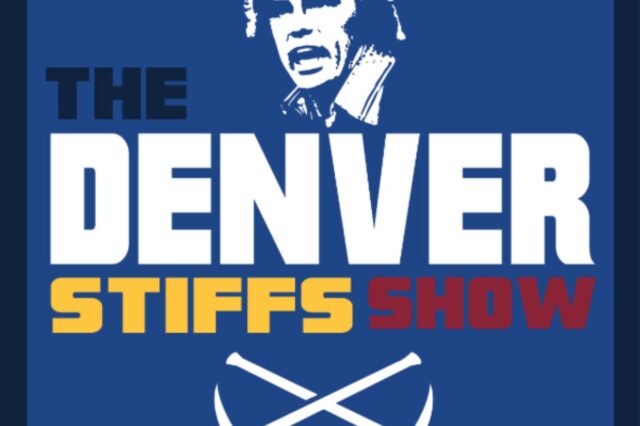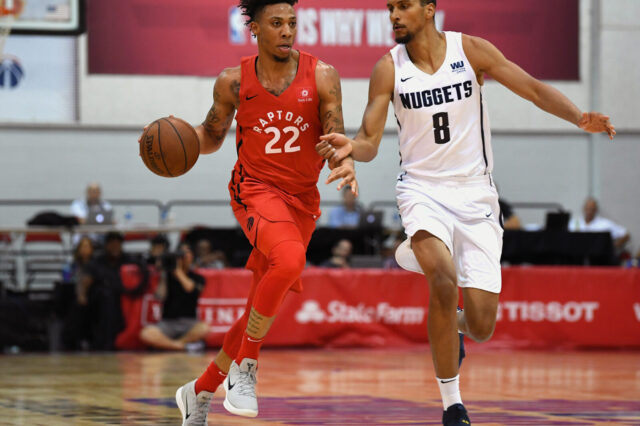The NBA playoffs are where the best organizations are thrown into competition against each other, a chance for each team to show just how fit they are to be considered contenders or pretenders.
At the end of the regular season, 16 teams (over half the league) advance to the postseason, while the other 14 teams look forward to winning the loser’s championship with the announcement of the draft lottery. This chance to watch the best teams (and the Bulls) compete against one another gives fans an opportunity to watch the best competition of the season. As such, it’s a good opportunity for followers of the 14 teams left waiting for the draft to analyze what helped those 16 teams be successful.
Here are a few things I’ve noticed while watching the first round play out.
The best player on the court advances
This was evident in every first round series. Let’s go through a checklist to test this hypothesis:
- Celtics-Bulls: Isaiah Thomas
- Cavaliers-Pacers: LeBron James
- Raptors-Bucks: Giannis Antetokounmpo
- Wizards-Hawks: John Wall
- Warriors-Trail Blazers: Steph Curry
- Spurs-Grizzlies: Kawhi Leonard
- Rockets-Thunder: James Harden
- Clippers-Jazz: Chris Paul
In 75 percent of these series, the team that had the best player on their team advanced. For the Bucks, they were done in by their lack of a secondary playmaker, with Malcolm Brogdon getting exposed. For the Clippers, the loss of Blake Griffin was too much to overcome, and the Jazz performed better in the clutch. For every other team, they used their talent advantage to overpower their opponent over the seven game series.
What does this mean for the Nuggets? Take a look at the teams that lost:
- Jimmy Butler struggled to score, and the Bulls defense collapsed. They allowed more than 100 points in five of the six games.
- Paul George averaged 28/8/7 for the Pacers. The next best scoring option was Jeff Teague, at 17 points per game.
- Giannis Antetokounmpo went to another level in the playoffs. The oldest rotation players were Greg Monroe and Matthew Dellavedova at age 26.
- Paul Millsap was his usual self, but once the series was over, there was Dwight Howard complaining about his decreased role.
- Damian Lillard and C.J. McCollum averaged 50 points a game combined. The Warriors averaged 119.5 points per game. They still need someone to help them get those remaining 50-60 points and help keep the other team around 100 points.
- Marc Gasol and Mike Conley were outstanding, but no one can survive guarding Kawhi Leonard with Wayne Selden, Vince Carter, James Ennis, or Andrew Harrison.
- Russell Westbrook averaged 30 field goal attempts per game and shot 38 percent.
- Gordon Hayward and Rudy Gobert are better than most people realize.
The Nuggets can point to Nikola Jokic as the best player on their team after the 2016-17 season. Is he capable of being the best player in a playoff series? If not, which player on the roster could be? Can the Nuggets build a team that can balance offense and defense around their best player? That’s what all the second round teams were able to do.
Defense wins, but you have to get the ball in the basket
The Jazz were able to use their defense to grind out a series win, but partly because they weren’t able to light up the scoreboard, the series went to seven games. If the Jazz could have held the Clippers to under 100 points (something they did six out of seven games) while scoring 101 points a game, they would have been much more rested for their series against the Warriors.
The Bucks had a similar problem. Their defense, anchored by Antetokounmpo, gave the Raptors fits. But once the Raptors agreed to slog through a defensive brawl, the Bucks couldn’t get buckets when they needed them. The Raptors could clobber Antetokounmpo, and no one else was able to pick up the slack.
The other side of the spectrum is filled by the Pacers and Trail Blazers. Indiana didn’t have a prayer at stopping the Cavaliers offense, and LeBron James was able to get enough help to neutralize Paul George’s defense. The Pacers were left helpless as the Cavaliers rained 3-pointers down on them (Cleveland is averaging over 30 3-point attempts per game in the playoffs).
The Trail Blazers got 75 points from McCollum and Lillard in Game One – and 34 from their teammates. The Warriors scored 121 points. It’s nice to be able to score, but a lack of scoring depth and a total inability to stop Golden State from scoring meant this series was over quickly.
For the Nuggets, they were fantastic on offense in the regular season, with one of the top offenses in the league. They had six players average double figures, and ten players average over nine points per game. They also had second-worst defense in the league, ahead of the bottom-dwelling Lakers. They don’t need to become the Jazz or Bucks, but they can’t continue to be the Trail Blazers if they want to compete for a championship someday.
Vets win games, but young players provide the spark
The Bucks young core was exciting, but they didn’t have the experience to overcome the Raptors, who have “been there” for the last few years.
The Jazz’s core hadn’t “been there,” but they were able to turn to Joe Johnson when they needed production. Sorry, that’s seven-time All Star and future Hall of Famer Joe Johnson.
The Bulls had veterans, but their youngest rotation player was rookie Paul Zipser. Their inability to play a modern game derailed their upset bid after Rajon Rondo went down with an injury.
The Warriors have a lot of experienced players on their roster, but the biggest surprise on their roster has been the reborn JaVale McGee. The oft-criticized big man became the focal point of the second unit offense at points, throwing down lob after lob. Who knew? (Dammit)
For the Nuggets, they are entering next season on a four-year playoff drought. The last time players like Danilo Gallinari, Kenneth Faried, and Wilson Chandler were in an elimination game, people were freaking out over the iPhone 5. So while their young core may help the franchise get back to the playoffs next season, they’ll need to keep a few veterans around to help guide them through their first postseason. Whether that means keeping the aforementioned veterans on the roster or finding new experienced players remains to be seen.
The home crowd makes a difference
The Spurs-Grizzlies series saw different role players for each team step up at home. Away from the comforts of a friendly crowd, they struggled to put up the same type of production. Players that wouldn’t play for any of the other playoff teams were able to make a difference for the Grizzlies, helping give them a chance against the Spurs.
For the Nuggets, hopefully fans will start showing up for games next season. There’s no where to go but up when you finish last in the league in attendance. As fans start seeing the Nuggets win, they’ll learn when to cheer, when to go nuts, when to applaud, and how to support their players. Booing Tom Brady and cheering for free food after missed free throws is a start, but eventually, we all will have to learn how to be better.


